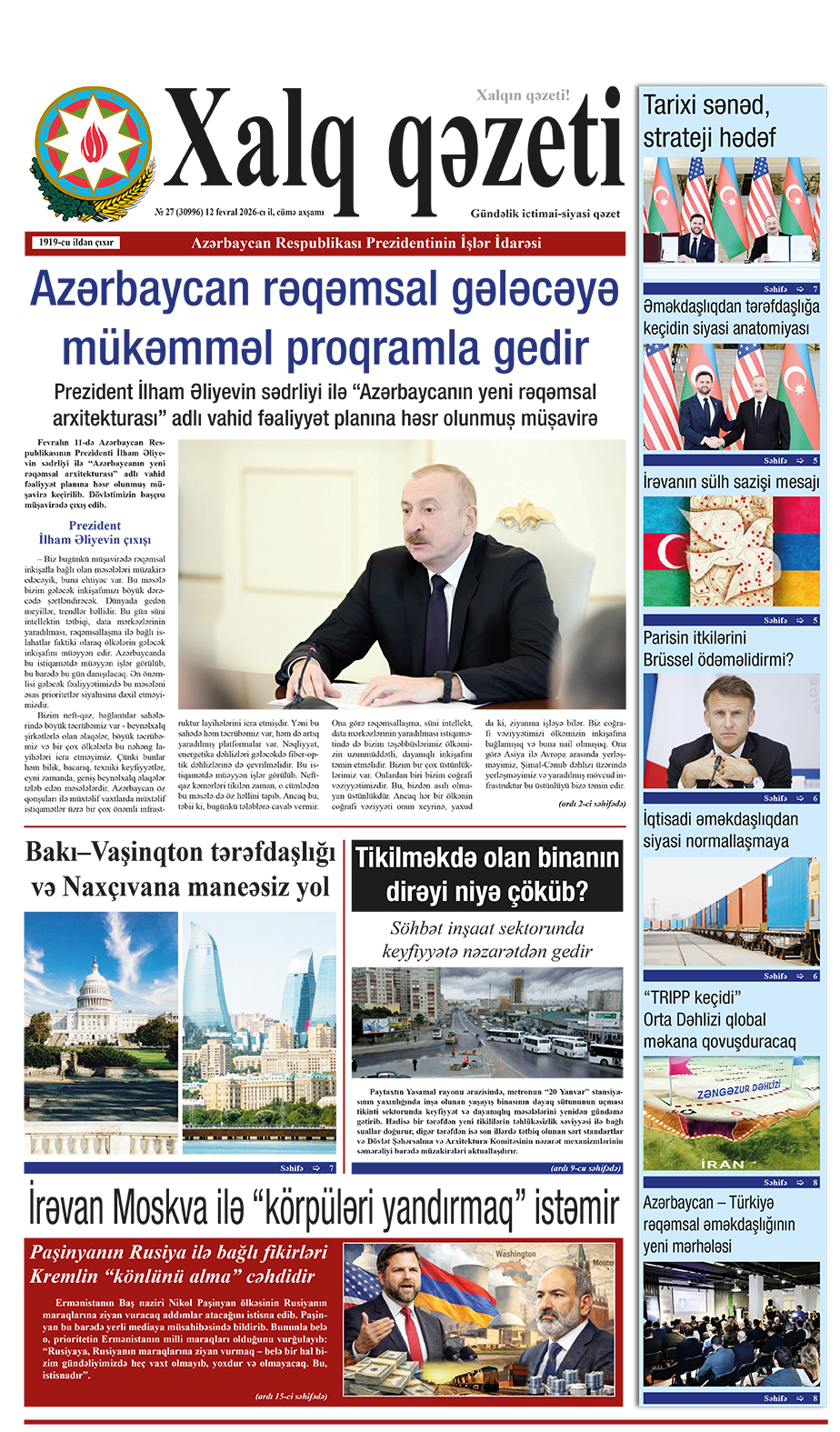The global artificial intelligence market could reach $4.8 trillion by 2033, nearly the size of Germany’s entire economy. However, the benefits of this growth remain concentrated in the hands of a limited number of countries and corporations, Kazinform News Agency correspondent reports.
This is according to the latest Technology and Innovation Report 2025 by the United Nations Conference on Trade and Development (UNCTAD). The report warns that while AI holds enormous potential to drive sustainable development, it is not an inherently inclusive technology. To fully harness its benefits, countries must start investing now in digital infrastructure, skills development, and effective technology governance.
The report notes that just 100 companies, mostly based in the United States and China, account for 40% of global corporate spending on research and development. The market capitalisation of tech giants such as Apple, Nvidia, and Microsoft now exceeds $3 trillion each, rivalling the gross domestic product of the whole African continent.
This concentration of power at the level of countries and corporations risks widening the technological divide: without decisive action, developing economies risk falling behind and missing out on opportunities to participate in the global digital transformation.
AI could affect up to 40% of jobs worldwide. While automation promises greater productivity, it also poses the risk of job displacement, particularly in countries whose economies rely on low-cost labour. However, experts stress that AI is not only capable of replacing jobs but also of creating new industries and empowering workers. Investment in workforce reskilling and adaptation is crucial to ensure that technological progress leads to job creation rather than job losses.
To effectively integrate AI into national development strategies, countries should prioritise three key areas: infrastructure, data, and skills. Strategic positioning in these fields will determine whether countries can successfully adopt AI, foster local innovation, and align AI development with their socio-economic goals.
Despite the growing importance of AI, 118 countries — mostly from the Global South — remain excluded from the process of shaping international norms and standards in this field. UNCTAD is calling for all nations to have a seat at the table in order to build a global regulatory framework based on fairness, transparency, and equal access to the benefits of the technology.
In its report, UNCTAD sets out a comprehensive action plan aimed at ensuring that AI drives inclusive growth rather than deepening divisions. Key recommendations include:
· establishing a disclosure mechanism for AI use, similar to ESG reporting, to enhance corporate accountability;
· developing a global shared infrastructure for AI resources;
· promoting open innovation by advancing open data and open-source software to democratise access to knowledge and technology;
· strengthening countries’ capacities through knowledge and resource sharing, including South-South cooperation.
Earlier, Kazinform News Agency reported that an unusual art installation had brought the spirit of composer Alvin Lucier back to life.
















.png)

